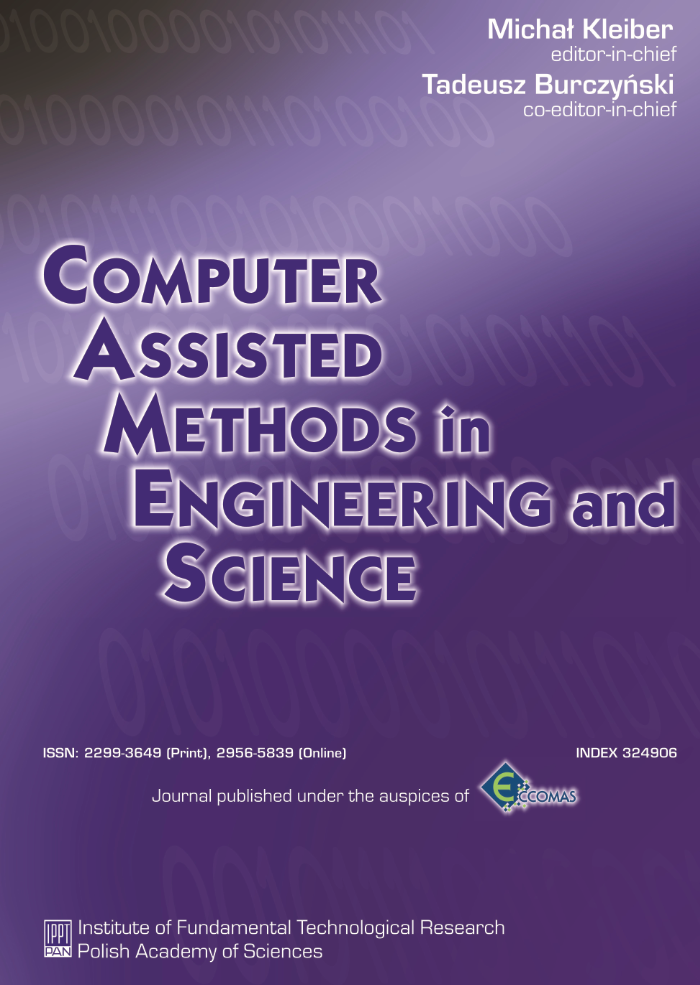Development of a Bayesian belief network for a boiling water reactor during fault conditions
Abstract
This paper describes briefly the development and verification of a probabilistic system for the rapid diagnosis of plant status and radioactive releases during postulated severe accidents in a Boiling Water Reactor nuclear power plant. The probabilistic approach uses Bayesian belief network methodology, and was developed in the STERPS project in the European Union 5-th Euroatom Framework program.
Keywords:
nuclear reactors, source term, Bayesian belief network, severe accidents, probabilistic safety AssessmentReferences
[2] Norsys, NETICA Application for Belief Networks and Influence Diagrams - User's Guide, Norsys Software Corp. 1997.
[3] M. Johansson. Input data for the project STERPS. OKG report 2002-02102, February 2002.
[4] H. Dubik et al. Containment protection during severe accidents. Proceeding of SMIRT 16, Washington DC, August 2001.
[5] B. Berger. Oskarshamn Unit 3 - Source term analysis. OKG report 97-05336, 1998.



